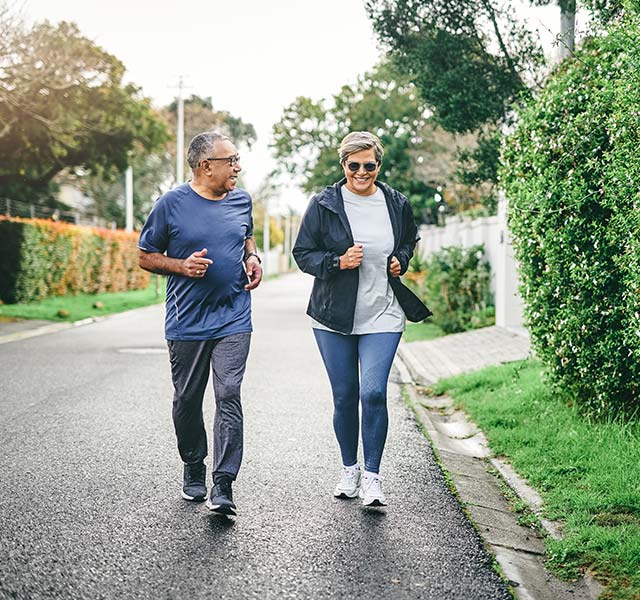Proper circulation is key for maintaining optimal health. It ensures that blood and oxygen continuously flow throughout the body, allowing every organ to function properly. It helps to heal wounds faster, keeps your brain sharp, maintains a healthy heart and even gives your complexion a natural flush.
“Circulation can also affect the immune system, as certain blood cells, carried by the bloodstream, help to fight infection,” says Kyle Markel, M.D., a vascular surgeon at Henry Ford Health.
As we head toward a time of year when colds, the flu and COVID are prevalent, it's especially important to make sure your circulation is up to par. There are, however, certain conditions that can make maintaining proper circulation more difficult.

Vascular Care At Henry Ford
What Leads To Poor Circulation?
“Peripheral artery disease (when narrowed arteries reduce blood flow), obesity, anemia, untreated blood clots, uncontrolled diabetes and high blood pressure can all affect circulation,” says Dr. Markel. “Smoking can also lead to poor circulation.”
If you think you may have poor circulation, take note of any of the below symptoms:
- Lack of energy or concentration
- Cold extremities (hands and feet)
- Thinning hair or hair loss
- Delayed or slow healing due to a weakened immune system
- In men, erectile dysfunction
What Can You Do To Boost Your Circulation?
The good news is there are several research-backed lifestyle adjustments you can make to get your blood pumping. Dr. Markel recommends these tips:
- Increase cardiovascular exercise. Running, biking or walking can help boost circulation—and the same goes for stretching before and after exercising.
- If you smoke, quit. Smoking can inhibit blood flow, destroy blood vessel walls and cause plaque to accumulate in the arteries. The sooner you quit smoking, the sooner your health will improve.
- If you are anemic, take iron supplements or eat iron-rich food. When you are low in iron (or anemic), you don’t have enough red blood cells to circulate oxygen throughout your body. Talk to your doctor to see if an iron supplement is right for you, or incorporate iron-rich spinach, legumes and red meat (in moderation) into your diet.
- Decrease stress. “This can be done with meditation, yoga or by spending time with loved ones,” says Dr. Markel.
Other strategies for boosting circulation
These additional wellness practices also have been associated with improved heart health and circulation:
- Drink black or green tea. “The antioxidants in these drinks help to increase the width of the blood vessels so that your body can pump blood more easily,” says Dr. Markel.
- Include more omega-3 fatty acids in your diet. “Fish like tuna, salmon and sardines can help improve blood flow and are excellent for heart health,” says Dr. Markel. Try eating them two to three times per week.
- Dry brush your body. Before a shower or bath, try this technique to stimulate blood flow: Using a soft-bristle brush, gently brush your skin in long, upward strokes. Make sure to start at your feet and move up to your heart.
If you are concerned about poor circulation, talk to your provider about meeting with a specialist. A vascular surgeon can help diagnose any possible circulatory issues.
Reviewed by Dr. Kyle Markel, a vascular surgeon who sees patients at Henry Ford Medical Pavilion - Macomb.



